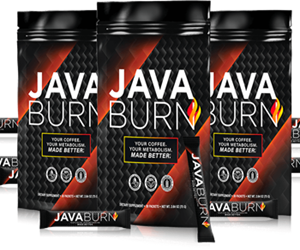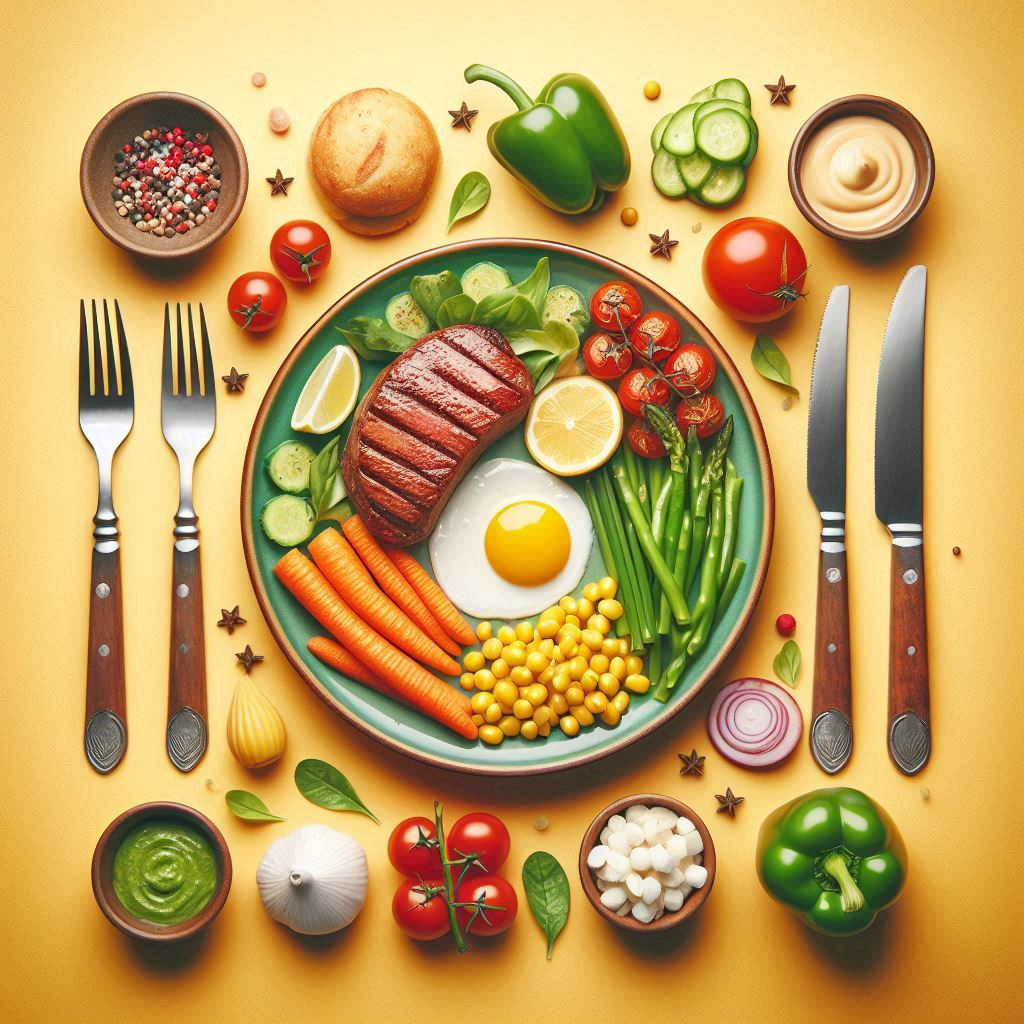A healthy meal plan is an essential component of any weight loss program, serving as the foundation for achieving and maintaining desired results. It not only provides the necessary nutrients to fuel the body but also helps regulate appetite and energy levels. A well-structured meal plan emphasizes portion control and the inclusion of nutrient-dense foods, which are critical for creating a caloric deficit while ensuring the body receives the vitamins and minerals it needs to function optimally. By focusing on whole foods, lean proteins, whole grains, healthy fats, and plenty of fruits and vegetables, individuals can enjoy satisfying meals that promote weight loss without sacrificing taste or variety.
Incorporating a variety of foods from all food groups ensures that the body gets a balanced intake of essential nutrients, supporting overall health and wellbeing. This variety helps prevent nutrient deficiencies that can occur when dieting and encourages sustainable eating habits. Additionally, planning meals and snacks in advance can reduce the temptation to indulge in unhealthy options, making it easier to stick to weight loss goals. Overall, a healthy meal plan not only aids in weight loss but also establishes lifelong habits that contribute to long-term health and weight maintenance.
Here are a few tips to help you create a healthy meal plan for weight loss:
Incorporating fruits and vegetables that are low in calories and high in fiber can significantly benefit a weight loss program. These foods not only help you feel full longer but also provide essential vitamins and minerals that support overall health. Here are some excellent choices:
- Benefits: Berries are rich in antioxidants, which help fight inflammation and support heart health.
- Nutrients: They provide vitamin C, vitamin K, and manganese, along with dietary fiber that aids digestion.
- Benefits: Leafy greens are extremely nutrient-dense, promoting eye health and reducing the risk of chronic diseases.
- Nutrients: High in vitamins A, C, and K, they also offer calcium, iron, and potassium.
- Benefits:Nutrients: They are rich in fiber, vitamin C, and folate, and provide a good source of antioxidants.
- Benefits: Cucumbers are hydrating and low in calories, making them an ideal snack for weight management.
- Nutrients: They provide vitamin K, potassium, and some vitamin C, along with a high-water content to aid hydration.
- Benefits: Bell peppers add color and crunch to meals while boosting immunity and skin health.
- Nutrients: They are excellent sources of vitamins A and C, as well as antioxidants like beta-carotene.
- Benefits: Carrots are known for their eye health benefits and their role in reducing the risk of certain cancers.
- Nutrients: High in beta-carotene (vitamin A), vitamin K, and fiber, they support good vision and digestion.
- Benefits: Tomatoes contribute to heart health and may reduce the risk of cancer due to their antioxidant content.
- Nutrients: Rich in vitamins C and K, folate, and potassium, they also contain the antioxidant lycopene.
Berries (e.g., strawberries, blueberries, raspberries):
Leafy Greens (e.g., spinach, kale, Swiss chard):
Cruciferous Vegetables (e.g., broccoli, cauliflower, Brussels sprouts):
Cucumbers:
Bell Peppers:
Carrots:
Tomatoes:
Incorporating these fruits and vegetables into your diet can enhance satiety, reduce overall calorie intake, and provide the nutrients necessary for maintaining a healthy body while supporting weight loss.
Choose lean proteins:
Protein plays a crucial role in weight loss by helping to build and maintain muscle mass, which in turn boosts metabolism and aids in fat burning. Consuming adequate protein can also promote satiety, reducing overall calorie intake by helping you feel fuller for longer.
Lean protein sources, such as chicken, fish, tofu, and legumes, are particularly beneficial because they are low in fat and calories, making them ideal for weight management. These foods not only provide the necessary protein for muscle repair and growth but also contribute to a well-rounded diet without excess calories.
In addition to their protein content, lean proteins offer essential nutrients that support overall health. For example, chicken and fish are rich in B vitamins, which are vital for energy production and brain function. Fish, particularly fatty varieties like salmon, also provide omega-3 fatty acids, known for their anti-inflammatory properties and benefits for heart health.
Tofu and legumes, being plant-based options, are excellent sources of iron, which is important for oxygen transport in the blood, and they are also high in fiber, further aiding digestion and promoting a feeling of fullness. Including a variety of these protein sources in your diet not only supports weight loss but also ensures a balanced intake of nutrients essential for overall well-being.
Incorporate healthy fats: Healthy fats, such as those found in avocados, nuts, and olive oil, can help support weight loss by providing your body with essential fatty acids and helping you feel fuller and more satisfied. Avoid unhealthy fats, such as trans fats and saturated fats, which can harm your health.
Opt for whole grains:
Whole grains, such as quinoa, oats, and whole wheat, are excellent sources of fiber and essential nutrients, playing a key role in a healthy diet. Unlike refined grains, which lose much of their nutritional value during processing, whole grains retain their bran, germ, and endosperm, providing a wealth of health benefits.
The fiber in whole grains aids in digestion, helps regulate blood sugar levels, and promotes a feeling of fullness, making it easier to manage weight. Additionally, the slow digestion of whole grains contributes to sustained energy levels throughout the day, preventing energy crashes that can lead to unhealthy snacking.
Beyond fiber, whole grains are rich in essential vitamins and minerals, such as B vitamins, iron, magnesium, and selenium. B vitamins are crucial for energy metabolism and maintaining healthy brain function. Magnesium supports muscle and nerve function, while selenium acts as an antioxidant, helping to protect cells from damage.
Whole grains also contain phytochemicals, natural compounds found in plants that have been shown to reduce the risk of chronic diseases like heart disease and cancer. Incorporating a variety of whole grains into your diet can significantly enhance your nutritional intake, support overall health, and contribute to long-term weight management.
Drink plenty of water:
Staying hydrated is crucial for weight loss and overall health, as water plays a fundamental role in many bodily functions. Proper hydration aids in flushing toxins from the body, supporting the kidneys in filtering waste products efficiently.
This detoxification process helps maintain healthy organ function and can enhance skin health. Additionally, water is vital for healthy digestion; it helps break down food, facilitates nutrient absorption, and prevents constipation by keeping the digestive tract moving smoothly.
Beyond these benefits, drinking water can also assist in weight management. Often, feelings of hunger are mistaken for thirst, leading to unnecessary snacking. By maintaining adequate hydration, you can help control your appetite and reduce calorie intake. Furthermore, drinking water before meals may promote a sense of fullness, leading to smaller portion sizes.
It’s recommended to aim for 8-10 cups of water per day, although individual needs may vary based on factors like activity level, climate, and overall health. Staying hydrated not only supports weight loss but also contributes to improved energy levels, better cognitive function, and overall well-being.
Additional Health Tips
Limiting your intake of processed and high-fat foods, as well as sugary drinks and snacks, is crucial for successful weight loss and overall health. These types of foods are typically high in calories but low in essential nutrients, making it easy to consume excess calories without gaining any significant nutritional benefit. Processed foods often contain unhealthy fats, added sugars, and high levels of sodium, which can contribute to weight gain, increase the risk of chronic diseases, and lead to poor cardiovascular health. Regular consumption of these foods can also disrupt metabolism and contribute to insulin resistance.
Sugary drinks and snacks are particularly detrimental, as they offer little to no nutritional value and can lead to spikes in blood sugar levels followed by crashes, which may increase cravings and lead to overeating. Replacing these items with healthier alternatives, such as whole fruits, nuts, and water or herbal teas, can significantly improve dietary quality. By focusing on whole, minimally processed foods, you can enhance nutrient intake, support sustainable weight loss, and promote long-term health. Reducing processed and high-fat foods not only aids in weight management but also helps in maintaining steady energy levels and improving overall wellness.
Conclusion
The key to a successful weight loss meal plan lies in making healthy, balanced food choices that are sustainable over time. It’s important to focus on incorporating a variety of nutrient-dense foods that provide essential vitamins and minerals while supporting your weight loss goals. Prioritizing whole grains, lean proteins, fruits, and vegetables not only helps in creating a calorie deficit but also ensures that your body receives the nutrients it needs for optimal functioning. This balanced approach can prevent nutrient deficiencies and maintain energy levels, making it easier to adhere to your meal plan in the long run.
By incorporating the tips mentioned above, such as staying hydrated, limiting processed foods, and choosing low-calorie, high-fiber options, you can create a meal plan tailored to your individual needs and preferences. This personalized plan will not only support weight loss but also contribute to improved overall health, reducing the risk of chronic diseases and enhancing your quality of life. Remember, the goal is to establish healthy eating habits that you can maintain beyond your weight loss journey, leading to a sustainable, healthier lifestyle.
FAQs (Frequently Asked Questions)
Q1: What is the best way to start a weight loss meal plan?
A1: Begin by assessing your current eating habits and identifying areas for improvement. Gradually incorporate more whole foods, such as fruits, vegetables, lean proteins, and whole grains, while reducing processed and high-fat foods.
Q2: How many meals should I eat per day for weight loss?
A2: Eating 3 balanced meals with 1-2 healthy snacks can help regulate hunger and maintain energy levels. Focus on portion control and nutrient-dense foods.
Q3: Is it necessary to count calories for weight loss?
A3: While counting calories can be helpful for some, it’s more important to focus on the quality of your food and listen to your body’s hunger and fullness cues.
Q4: Can I include carbohydrates in my weight loss meal plan?
A4: Yes, carbohydrates are essential for energy. Choose whole grains and fiber-rich options like quinoa, oats, and brown rice to support weight loss and overall health.
Q5: How can I stay motivated to stick to my meal plan?
A5: Set realistic goals, track your progress, and allow for flexibility. Remember to celebrate small achievements and don’t be too hard on yourself if you occasionally indulge.
Q6: Are cheat meals allowed in a weight loss meal plan?
A6: Occasional indulgences are okay and can help prevent feelings of deprivation. Plan them mindfully and return to your healthy eating habits afterward.
Q7: How much water should I drink daily for weight loss?
A7: Aim for at least 8-10 cups of water per day. Staying hydrated supports digestion, helps control appetite, and can enhance weight loss efforts.
Q8: What role does exercise play in a weight loss meal plan?
A8: Exercise complements a healthy diet by increasing calorie expenditure, building muscle, and improving overall fitness. Aim for a combination of cardio and strength training.
Q9: How do I manage cravings while on a weight loss meal plan?
A9: Manage cravings by eating balanced meals with sufficient protein and fiber, staying hydrated, and having healthy snacks on hand. Distracting yourself with activities can also help.
Q10: Can I eat out while following a weight loss meal plan?
A10: Yes, you can eat out. Choose dishes with lean proteins and vegetables, and be mindful of portion sizes. You can also ask for modifications, like dressing on the side or grilled instead of fried options.





































